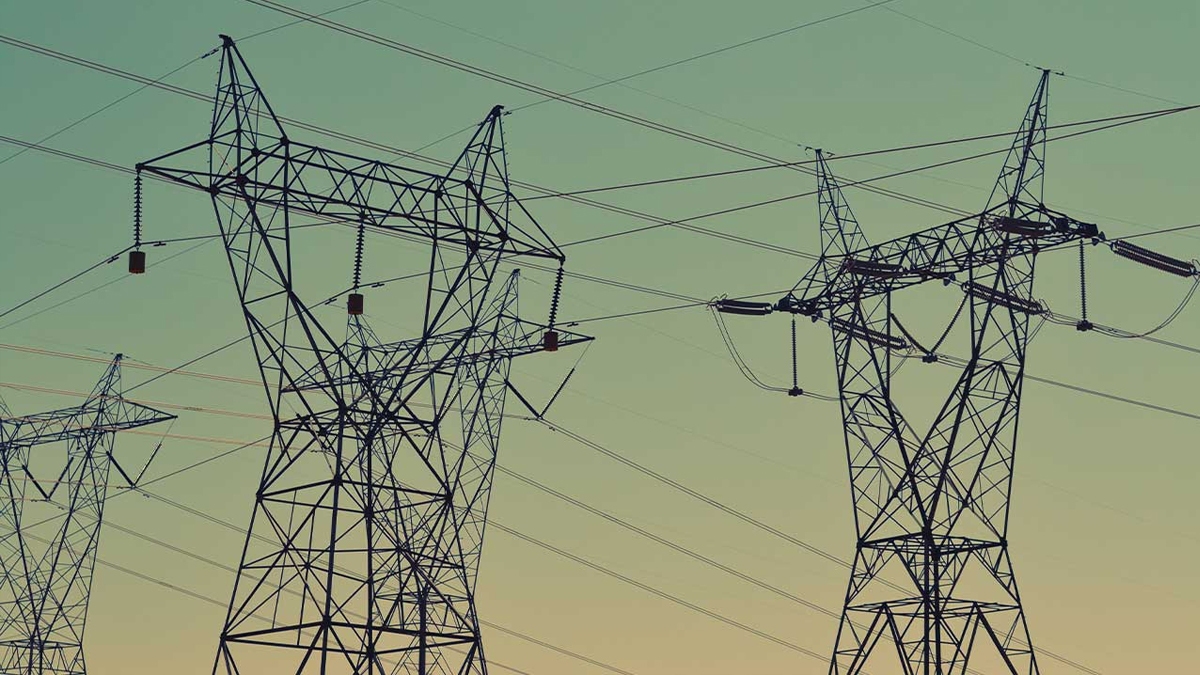
Government Announced A Three-Phased Rise In Uniform Basic Power Tariff
In order to raise at least Rs900 billion during the current fiscal year and obtain a loan from the International Monetary Fund, the government on Tuesday announced a three-phased rise in uniform basic power tariff, starting at Rs3.50 per unit with effect from July 26.
Power Minister Khurram Dastgir Khan said at a press conference with Minister of State for Petroleum Musadik Malik that the federal cabinet had approved “tariff rebasing,” under which the second phase of a Rs3.50 per unit increase will go into effect next month, followed by a one-month break in September, and the final 91 paisa per unit increase in October.
National Average Energy Pricing Would Increase By Rs7.91 Per Unit
According to him, the previous tariff rebasing, which involved a unit price of Rs. 7.91, was put into effect in February 2021, but the previous administration delayed it for political reasons. The base national average energy pricing would increase by Rs7.91 per unit, from Rs16.91 to Rs24.82, having a financial impact of Rs893 billion in FY2022-23, in addition to about Rs150 billion in increased sales tax.
When the rebasing process is finished and the consequences of the actions being done by the current government start showing up, according to Mr. Dastgir, the power tariff will begin to decrease in November or December.
Read More | Two PIA Planes Escape Collision
Read More | Army To Ensure Security, Hunt Down Terrorists
Even with this tariff adjustment, the government would still offer relief to 13 million household connections, or around 45 percent of the 27 million domestic consumers, whose monthly usage is limited to 200 units.
Minimise Disruptions On Mix Feeders & Provide Continuous Power Supply
According to the minister, the federal cabinet also resolved to minimise disruptions on mix (industrial and residential) feeders and provide continuous power supply to specialised industrial feeders around-the-clock in order to protect jobs and economic activity.
The cabinet also resolved to prioritise providing electricity and gas to five export-oriented industries and to keep those industries’ tariffs competitive with local export rivals.




